Germany’s Role in Ensuring Ukraine’s Security: Chancellor Scholz’s Statement on Military Involvement
Germany’s Role in Ensuring Ukraine’s Security: Chancellor Scholz’s Statement on Military Involvement
In recent times, global discussions about the ongoing conflict between Russia and Ukraine have been focused on the support that Western nations are providing to Ukraine in its fight for sovereignty and territorial integrity. Germany, one of Europe’s most influential nations, has played a crucial role in supporting Ukraine through diplomatic, economic, and military aid. Recently, German Chancellor Olaf Scholz reaffirmed Germany’s commitment to Ukraine’s security but made it clear that the country would not send soldiers to the war zone.
In this article, we will explore Chancellor Scholz’s recent statement, analyze Germany’s role in the conflict, and discuss the broader implications of Germany’s decision on global geopolitics.
Chancellor Scholz’s Statement: A Clarification of Germany’s Position
Chancellor Olaf Scholz’s remarks came amid growing international pressure on Germany to take a stronger military stance in the ongoing war. Scholz emphasized Germany’s unwavering support for Ukraine but highlighted that while the nation would continue to provide military aid, it would not be sending soldiers into the conflict. This statement aims to clarify Germany’s position and reassure both domestic and international audiences about the country’s strategy.
Scholz affirmed that Germany would play an essential role in ensuring Ukraine’s security, especially through military equipment, training, and financial assistance. Germany has already contributed significant support to Ukraine in terms of advanced weapons systems, ammunition, and training for Ukrainian forces. However, Scholz stressed that sending German troops to Ukraine would not be on the table, as this could potentially escalate the conflict and lead to direct confrontation between NATO and Russian forces.
The Chancellor’s position stems from Germany’s cautious approach to military engagement in foreign conflicts, rooted in the country’s post-World War II pacifist stance. Germany’s reluctance to engage in direct military intervention in Ukraine underscores its commitment to diplomacy and multilateral efforts to resolve the crisis through negotiations.
Germany’s Role in Ukraine: Diplomatic and Military Assistance
Germany’s involvement in Ukraine since Russia’s invasion in February 2022 has been multifaceted. Although Scholz has ruled out sending troops, Germany has been a key player in providing vital support in several other areas:
1. Military Aid and Weapons Systems
Germany has sent significant military aid to Ukraine, including anti-aircraft systems, armored vehicles, and advanced artillery. One of the most notable contributions has been the delivery of the Panzerhaubitze 2000 self-propelled howitzers, which have played a critical role in Ukraine’s ability to defend against Russian forces. Germany has also delivered Leopard 2 battle tanks to bolster Ukraine’s defense capabilities.
The German government’s decision to send these weapons systems was met with both support and criticism. While some praised the move as a necessary step in helping Ukraine defend itself, others feared that it could provoke further escalation. Nevertheless, Germany’s assistance has been pivotal in strengthening Ukraine’s military capabilities and enabling its forces to continue resisting Russian advances.
2. Training and Logistics Support
In addition to providing military equipment, Germany has also focused on training Ukrainian soldiers and providing logistical support. The German military has been involved in training Ukrainian troops in the use of sophisticated weaponry and ensuring that supplies are delivered efficiently to the front lines.
Furthermore, Germany has been at the forefront of organizing humanitarian assistance for Ukraine. Through various non-governmental organizations and partnerships with other EU countries, Germany has helped provide food, medical supplies, and shelter for the millions of Ukrainians displaced by the war.
3. Sanctions Against Russia
On the diplomatic front, Germany has supported the European Union’s efforts to impose severe sanctions on Russia. These sanctions have been aimed at crippling the Russian economy and diminishing its ability to sustain military operations. Germany’s leadership in this effort has been crucial in ensuring a unified European response to Russia’s aggression.
Germany has also supported diplomatic efforts to resolve the conflict through negotiations, working with its European Union allies to encourage dialogue and peace talks between Ukraine and Russia.
Why Germany Won’t Send Soldiers: Avoiding Direct Confrontation
Chancellor Scholz’s decision to refrain from sending German soldiers to Ukraine is rooted in several factors, both domestic and international. Germany’s reluctance to deploy troops into the conflict reflects the country’s historical commitment to avoiding military entanglements and prioritizing diplomatic solutions.
1. NATO’s Collective Defense Strategy
Germany is a key member of NATO, and the alliance has a collective defense pact, meaning that an attack on one member state is considered an attack on all members. However, direct military intervention in Ukraine could risk triggering Article 5 of the NATO treaty, which could lead to direct military confrontation between NATO and Russia. Germany is keen to avoid such a scenario, as it could escalate the war into a broader European or even global conflict.
2. Public Opinion and Political Concerns
Another reason for Scholz’s cautious approach is the prevailing sentiment within Germany. The German public remains deeply concerned about the potential for World War III and the ramifications of sending troops into a conflict involving a nuclear power like Russia. Political leaders are keenly aware of public opinion, which favors diplomatic efforts over military escalation.
Germany’s historical experience, particularly in the aftermath of the two World Wars, has instilled a strong pacifist tradition. Scholz’s decision to avoid sending troops is in line with this sentiment, reflecting Germany’s desire to avoid any military aggression that could escalate the conflict.
3. The Risk of Escalation
The risk of escalation is a significant factor in Germany’s decision-making process. Sending troops to Ukraine could trigger an all-out war with Russia, a situation that neither Germany nor its NATO allies are willing to risk. Scholz’s remarks reflect Germany’s desire to support Ukraine without directly engaging in hostilities, thereby avoiding a direct confrontation with Russia.
The Broader Geopolitical Implications of Germany’s Decision
Germany’s role in the Ukraine conflict is a balancing act between supporting Ukraine and maintaining its commitment to peace and diplomacy. Scholz’s clear stance on avoiding troop deployments signals to both Russia and the West that Germany is committed to Ukraine’s security, but also prioritizes a measured approach to avoid further escalation.
This position also underscores the importance of multilateralism in global conflicts. Germany’s approach highlights the value of working within international frameworks like NATO and the European Union to address security concerns and provide support without triggering direct military confrontation.
Conclusion: Germany’s Continued Support for Ukraine
Chancellor Scholz’s statement on Germany’s role in Ukraine’s security is a reminder that military intervention is a complex and fraught decision. While Germany will not send troops to the conflict, it will continue to support Ukraine with essential military aid, training, and diplomatic backing. Germany’s role in ensuring Ukraine’s security is crucial in the broader context of European and global peace. As the war continues to evolve, Germany’s position will likely remain a key component in the efforts to support Ukraine without escalating the conflict further.
Germany’s stance may be viewed as cautious, but it is also a reflection of the country’s commitment to peace, diplomacy, and stability in the face of one of the most serious security crises in Europe in decades. Scholz’s leadership highlights the complexities of navigating a world where diplomacy and military power must be balanced carefully in the pursuit of long-term peace and security.
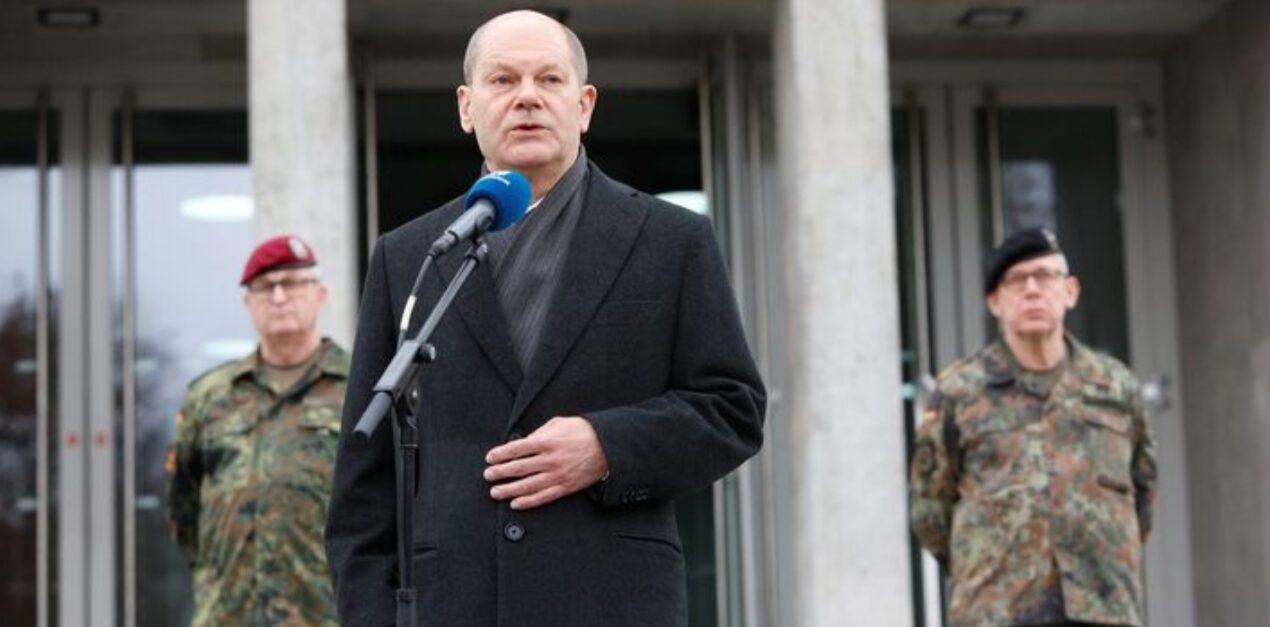
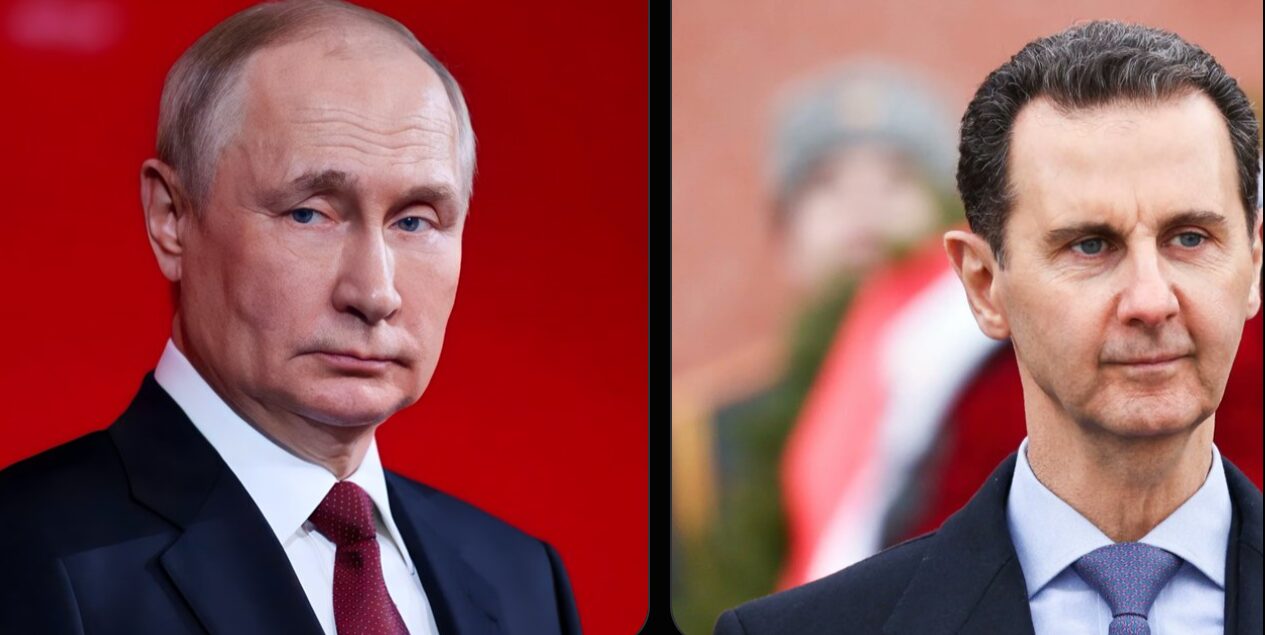
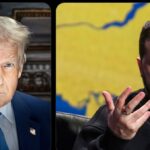


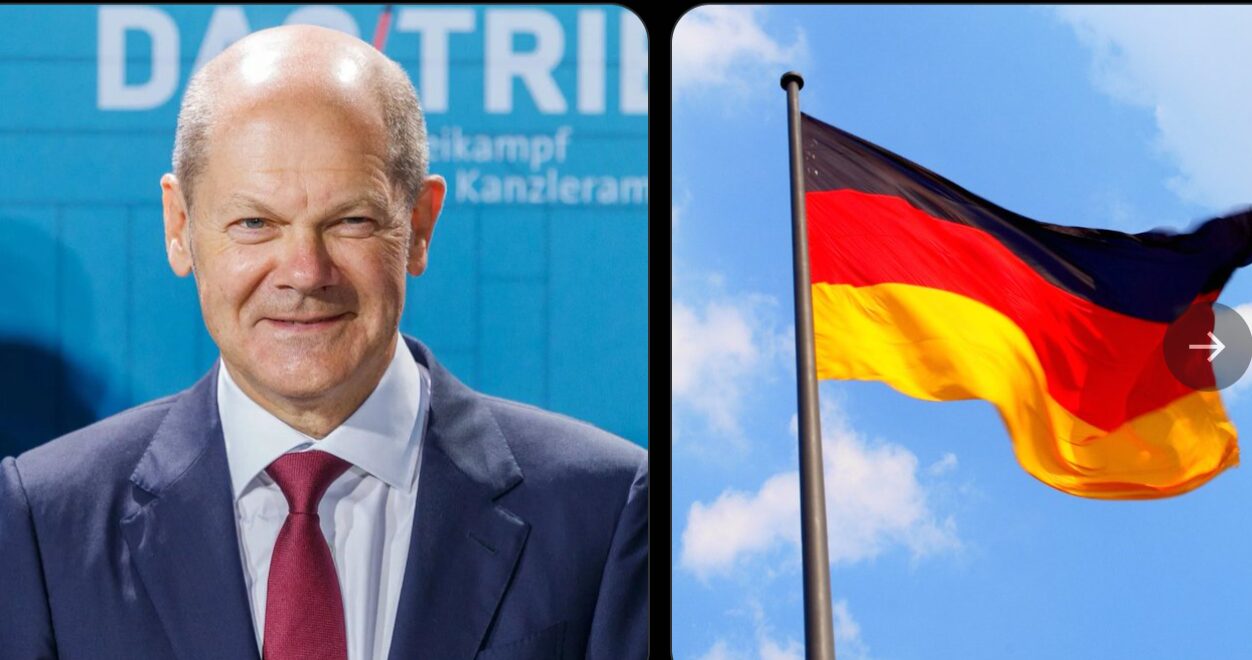

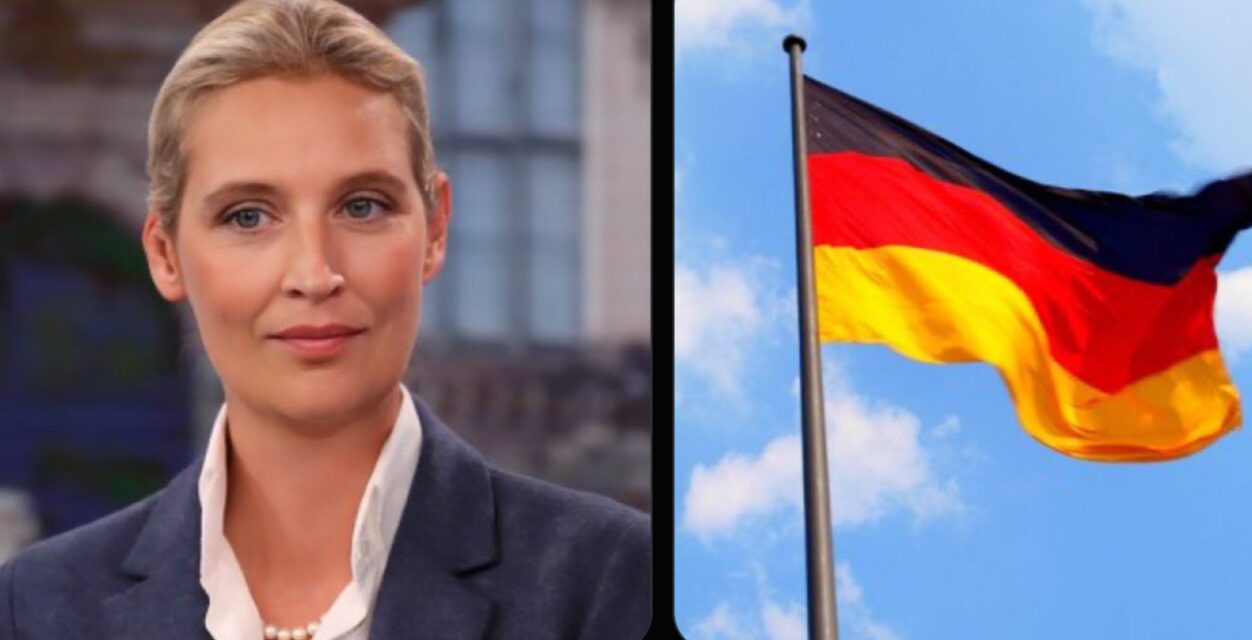









Post Comment